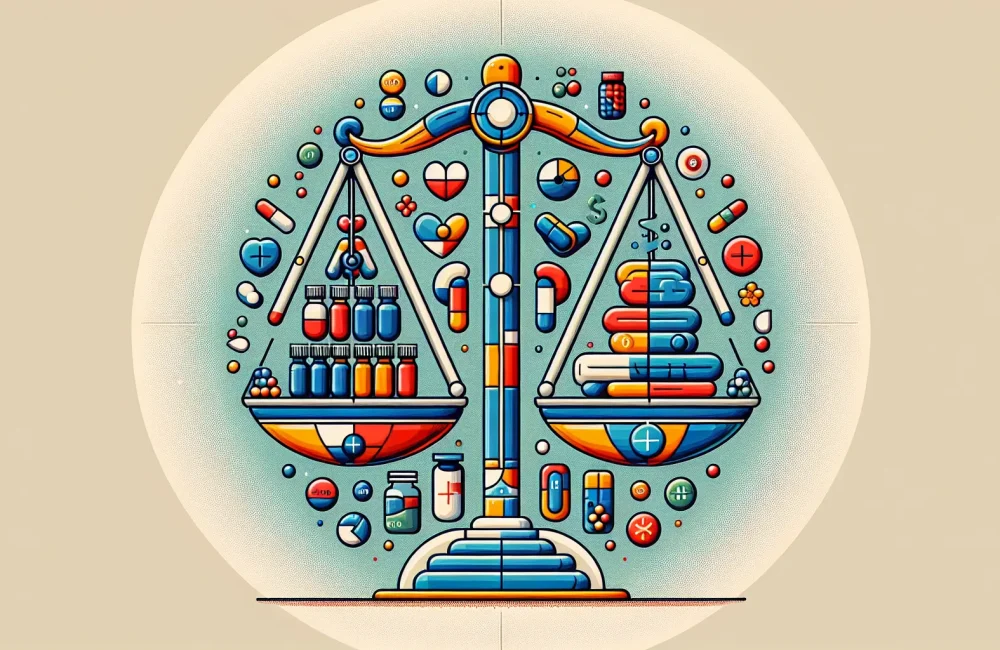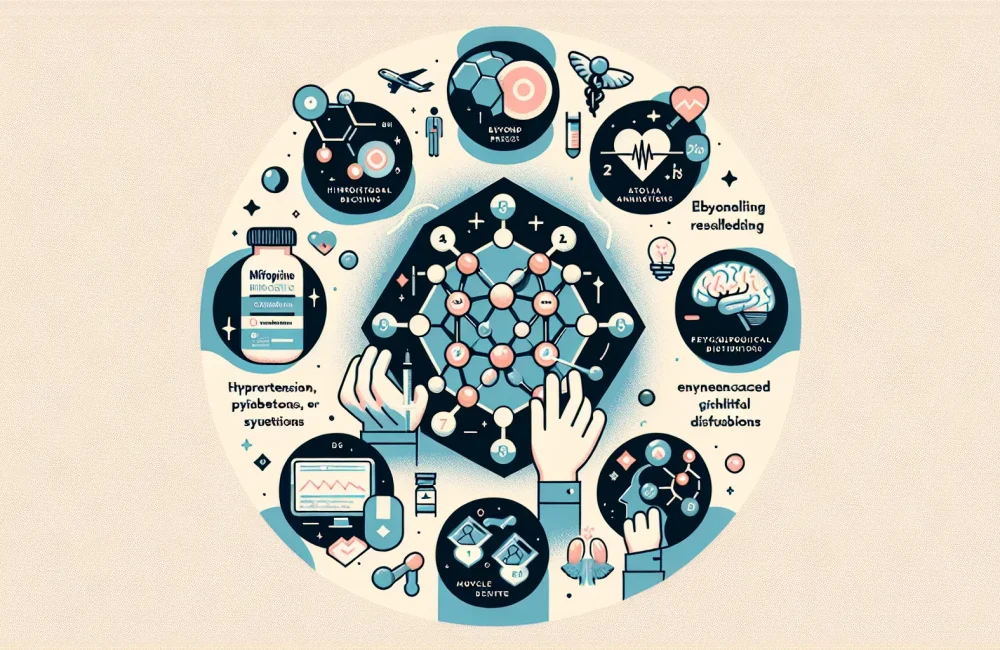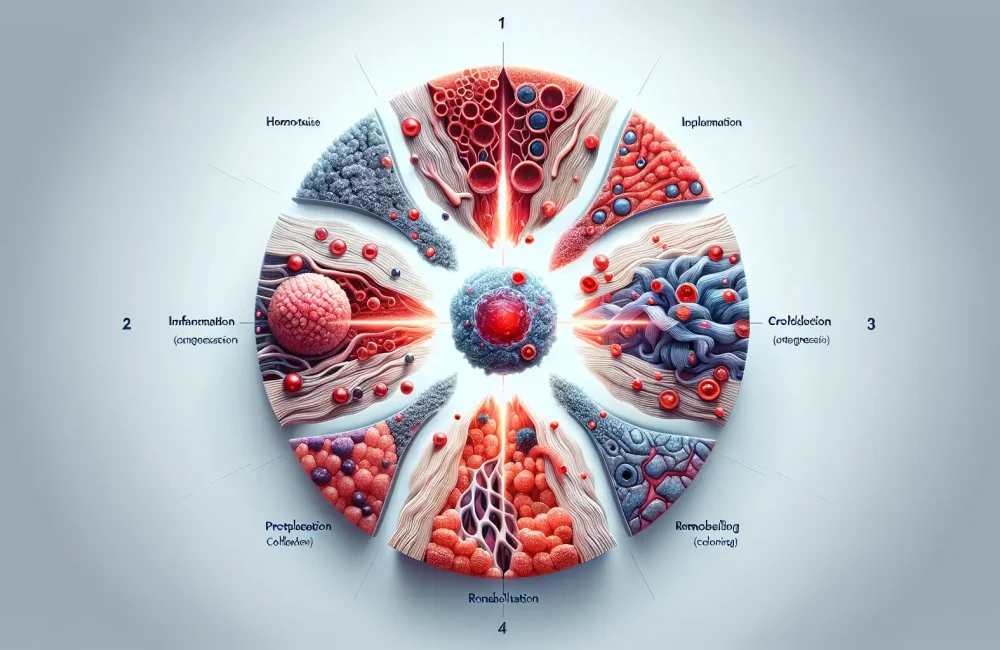By CAFMI AI From JAMA
FDA Approval of New RSV Monoclonal Antibody Marks a Major Advance
The U.S. Food and Drug Administration (FDA) recently approved a novel monoclonal antibody aimed at preventing respiratory syncytial virus (RSV) infections in infants, representing a significant advancement in pediatric infectious disease management. RSV is a leading cause of severe respiratory illness in young children, particularly those under six months of age. This new antibody offers a proactive form of prevention by providing temporary passive immunity to newborns and infants, especially those at increased risk, such as preterm babies and those with underlying health issues. The approval followed robust clinical trials demonstrating its safety and notable efficacy in reducing the incidence of severe RSV-related lower respiratory tract infections and associated hospitalizations. With this new approval, clinicians now have a valuable tool to reduce the burden of RSV, which traditionally has limited preventive options outside of supportive care and vaccination strategies that are not always feasible for the youngest or most vulnerable infants.
Clinical Implications and Administration of RSV Monoclonal Antibody in Infants
The monoclonal antibody is administered as a single dose timed before or during the RSV season, streamlining protection protocols for infants. This administration schedule simplifies care logistics compared to multiple-dose regimens, improving adherence and clinical outcomes. Importantly, this intervention fills a critical gap, particularly for infants who are ineligible for RSV vaccination or for whom vaccination is contraindicated. The early months of life constitute a vulnerable window when infants are most susceptible to severe RSV infection and its complications, including bronchiolitis and pneumonia. Healthcare professionals, especially those in primary care and pediatrics across the USA, are encouraged to integrate this prophylaxis into routine clinical practice for high-risk populations. Furthermore, the approval is anticipated to decrease hospitalization rates and reduce the broader public health impact of RSV, which contributes substantially to infant morbidity globally.
Future Perspectives and Impact on Infant Health
Looking ahead, the introduction of this monoclonal antibody is expected to transform infant respiratory care by significantly lowering RSV-related illness severity and mortality. Ongoing studies aim to monitor long-term outcomes and potential expansion of use to other vulnerable pediatric groups. As awareness and adoption increase, public health experts anticipate a reduction in healthcare costs associated with RSV hospitalizations and a decline in antibiotic overuse due to secondary bacterial infections. The antibody’s approval also highlights the growing role of passive immunization technologies in addressing infectious diseases where vaccines alone may not be sufficient. Overall, this development represents a promising step toward better protecting the youngest and most at-risk infants worldwide.
Read The Original Publication Here






